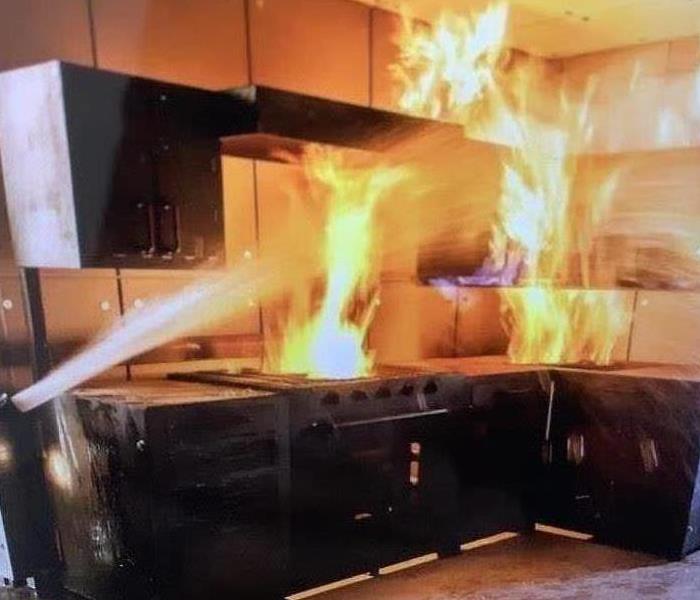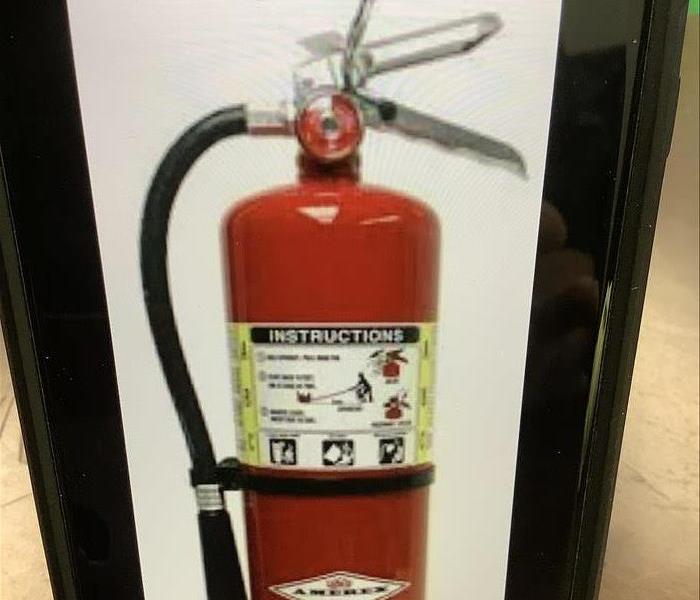Kitchen Fire Prevention Tips
1. Stay in the kitchen.
This may seem obvious, but the number one cause of cooking fires happens when you leave a stove unattended, turn off the heat and move the pan to a cool burner.
2. Use a timer.
Check food regularly, whether you’re simmering, baking, boiling or roasting. Using a timer can help remind you to check on your dish.
3. Keep the stove top clear.
Keep dishtowels, oven mitts, paper towels—anything that can catch fire away from your stovetop.
4. Dress for the occasion.
Wear close fitting clothes, and tightly roll up sleeves, when you’re cooking. Loose clothing can come in contact with burners and catch fire.
5. Wipe up spills.
Cooking on a dirty stove, or in a dirty oven, is just inviting a potential fire. Grease buildup is flammable; clean your stove every time you cook and promptly wipe up any spills.
6. Don’t overheat your cooking oil.
Overheated cooking oil can start to smoke and bubble up, which can cause it to spill out and ignite.
7: Wait for grease to cool before disposing.
Toss hot grease into your trashcan and it could go up in flames! Wait for it to cool before disposing of it in the garbage. Or, better yet, pour it into an old food can before tossing it out.
8. Keep your smoke detector working.
A smoke detector is an important fire safety device and your first line of defense. And make a mental note to change the batteries twice a year, when you change your clocks fordaylight savings time.
9. Fire extinguisher.
Have a fire extinguisher readily available in the event of a kitchen or home fire. Check your home renters/owners policy about fire prevention and liabilities you may not be aware of.






 24/7 Emergency Service
24/7 Emergency Service

